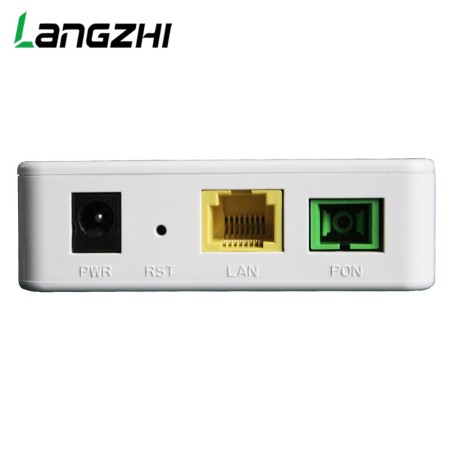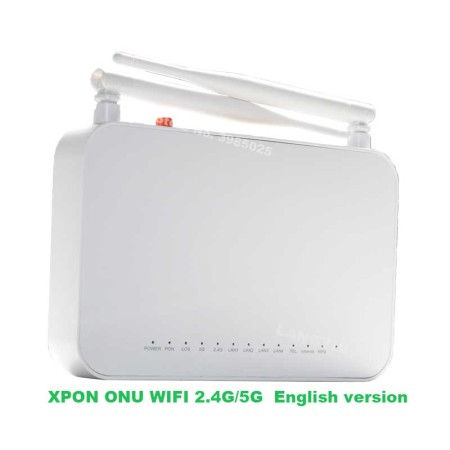xPON, which stands for Cross-technology Passive Optical Network, is a convergence of EPON (Ethernet Passive Optical Network) and GPON (Gigabit Passive Optical Network) technologies. Let's explore the key differences between xPON, EPON, and GPON:
1.Convergence of EPON and GPON:
- xPON: As the name suggests, xPON integrates the features of both EPON and GPON. It aims to provide a unified solution that combines the best aspects of both technologies.
- EPON: Ethernet Passive Optical Network is based on Ethernet standards and is well-suited for delivering broadband services in Ethernet format.
- GPON: Gigabit Passive Optical Network is designed for higher bandwidth and supports a variety of services, including voice, data, and video.
2.Flexibility and Adaptability:
- xPON: One of the key advantages of xPON is its flexibility. It incorporates an intelligent switching mode that allows the network to adapt dynamically to different usage scenarios, providing a more versatile and efficient network.
- EPON: EPON is known for its simplicity and cost-effectiveness, making it suitable for various applications, especially in Ethernet-based environments.
- GPON: GPON offers high bandwidth and is well-suited for applications that require a large amount of data, such as triple-play services (voice, data, and video).
3.Unified Management Platform:
- xPON: xPON systems typically come with a unified management platform that supports multiple services, including ATM, Ethernet, and TDM (Time Division Multiplexing). This unified approach simplifies network management and enhances the user experience.
- EPON and GPON: While EPON and GPON have their own management systems, the integration of services in xPON provides a more cohesive and streamlined management experience.
4.Compatibility and Integration:
- xPON: xPON is designed to seamlessly integrate with existing network infrastructures, reducing the complexity and cost of network upgrades. It offers a smooth transition path for operators with both EPON and GPON deployments.
- EPON and GPON: EPON and GPON systems are often deployed independently, and integration between them may require additional considerations.
5.Real-world Applications:
- xPON: xPON technology has found applications in various scenarios, including the development of dual-mode (EPON and GPON) Optical Network Units (ONUs) that cater to different service providers and user requirements.
- EPON and GPON: EPON and GPON have been widely used in broadband access networks, with EPON being favored for its simplicity and cost-effectiveness, and GPON for its higher bandwidth capabilities.
In summary, xPON emerges as a comprehensive solution that leverages the strengths of both EPON and GPON, offering a more adaptable, flexible, and unified approach to next-generation passive optical networks.



